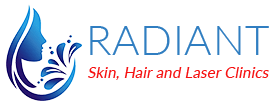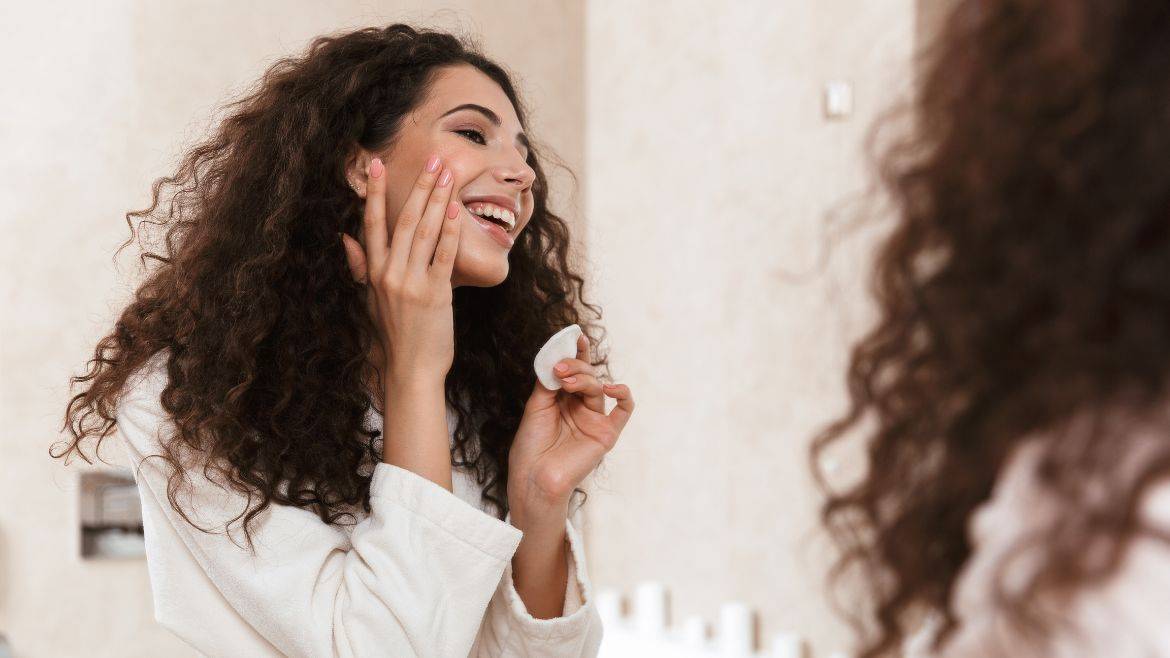Pregnancy brings about many exciting changes, but it can also cause shifts in your skin and hair. While some expectant mothers glow with flawless skin, others may experience dry patches, acne, or even hair loss.
During this time, it’s important to adjust your skin and hair care routine to keep both you and your baby safe. This guide will explore how pregnancy affects your skin and hair, what ingredients to avoid, and how to maintain healthy hair and skin throughout your journey. Moreover, we will share tips on safe alternatives and treatments to help you navigate these changes with confidence.
1. Hair Growth during Pregnancy: Changes
Your hair can experience some evident changes during pregnancy. Some hormones in your body will make your hair stay longer in the growth phase; thus, you experience lesser shedding and thicker fuller hair. Based on this phenomenon, you might see your hair appear long and thick for a while. However, it’s only temporary, and once you give birth, all the extra hair that stayed in the growth phase will begin to come off, leading to postpartum hair shedding.
2. Hair Textures Change
Some women report that their hair changes texture when they are pregnant. A few women report that their hair becomes smoother, while others can have hair that appears to become curlier or drier. This is thought to be due to changes in hormone levels leading to a change in shape of the hair follicle. Additionally, though these changes are temporary, they can last for a few months after giving birth as your body is still changing.
3. Chemical hair treatments while pregnant
Many pregnant women ask if they should desist from some chemical treatments such as hair dyeing, perming, or relaxing. Some doctors still prefer that they refrain from performing these treatments when they are within the first trimester due to the chemicals used, while others regard it as permissible after it is over. Nevertheless, a professional request should be made to your OB/GYN for verification of the suitability of the products for you and your baby.
4. Postpartum Hair Loss
After giving birth, many women experience significant hair shedding. This is a natural response to hormonal fluctuations that occur after pregnancy. While it can be alarming, it is a temporary issue, and your hair will eventually return to its normal growth cycle. During this time, avoid stressing over the hair loss as it is part of the recovery process post-pregnancy.
5. Skin Changes During Pregnancy
With pregnancy comes a series of changes to the skin, including dryness, acne, or hyperpigmentation. These changes occur as a result of hormonal shifts and can impact how your skin looks. For example, you may develop dark patches of skin called melasma or experience drier skin as your body adjusts. In some cases, women report a worsening or development of acne.
6. Sensitivity of Skin and Acne
Acne is one of the most common skin conditions during pregnancy due to the increased production of oil as a result of hormonal changes. However, caution should be exercised while using products to treat acne. Certain acne treatments are safe, but retinoids, for example, should be avoided. Instead, opt for mild, pregnancy-safe products like glycolic acid or benzoyl peroxide, which can help control breakouts without harming your baby.
7. Safe Ingredients for Skincare Products for Pregnant Women
While many beauty products are safe during pregnancy, it’s important to avoid certain ingredients. Retinoids, high-dose salicylic acid, hydroquinone, and phthalates are some of the ingredients that should be avoided during pregnancy due to potential risks. However, there are plenty of safe alternatives available, such as glycolic acid, vitamin C, and hyaluronic acid, which can help keep your skin hydrated and glowing throughout your pregnancy.
8. Moisturizing for Dry Skin and Stretch Marks
Dry skin is a common cause for concern during pregnancy, mainly due to hormonal changes and high fluid demand from the body. Sufficient hydration is usually the first step to take, along with moisturizing products containing coconut oil, cocoa butter, or hyaluronic acid, which may all help increase hydration and elasticity of the skin. Moisturizing may also help prevent the appearance of stretch marks when the body gets bigger to accommodate your baby.
In conclusion, taking care of your skin and hair during pregnancy is essential for both your well-being and your baby’s health. While hormonal changes can lead to new skin and hair experiences, it’s important to choose safe products and ingredients.
Avoiding harsh chemicals and opting for gentle, pregnancy-safe alternatives can help you manage common skin and hair concerns. Moreover, staying hydrated and maintaining a healthy skincare routine can keep your skin glowing, while using mild hair care products can protect your hair’s health. However, if you’re unsure about any product, it’s always best to consult with your doctor. Furthermore, embracing these changes with care will ensure you feel confident and comfortable throughout your pregnancy journey.



